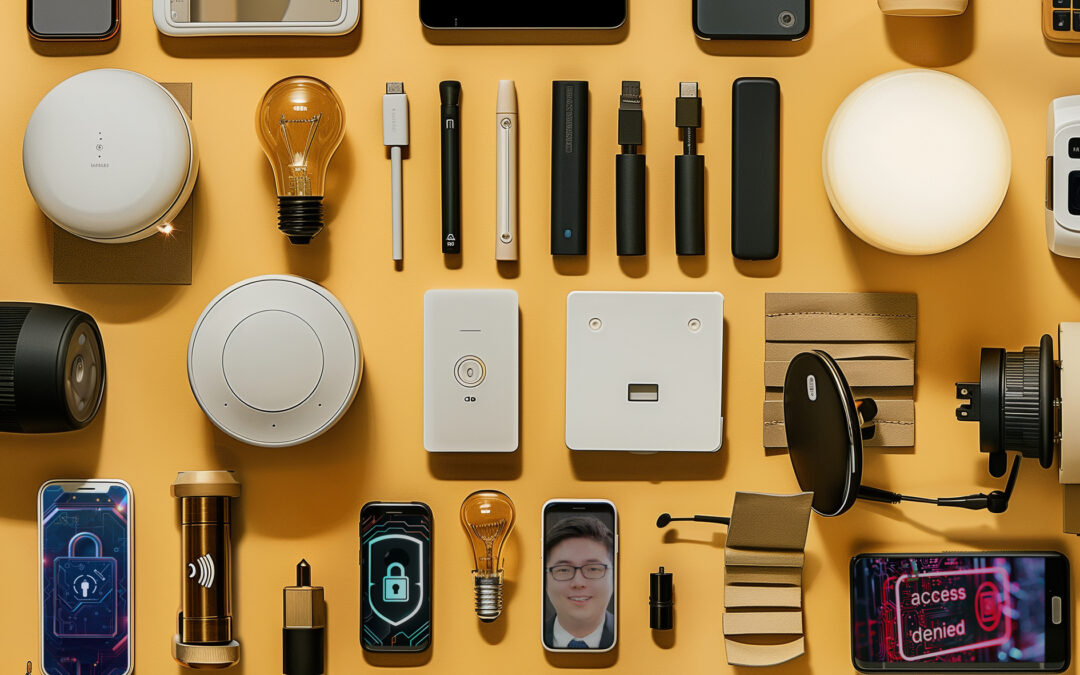How many light bulbs does it take to change a computer scientist?
In a recent episode of Hulu’s smash hit, “A Murder at the End of the World,” a programmer played by Emma Corrin successfully hacks a hotel’s computer network using information stored on the chip of a smart light bulb, gaining access to guest information, camera feeds and security systems.
Scenarios such as this are becoming increasingly possible thanks to our growing reliance on edge devices — small electronics such as cell phones, doorbell cameras and alarm sensors — that work mainly to transmit data across a network or to the cloud.
Hokeum Kim, an assistant professor of computer science in the Ira A. Fulton Schools of Engineering at Arizona State University, was recently awarded a grant from ATTO Research to help edge devices learn from user data while keeping information safe.
“Historically, edge devices were fairly secure,” says Kim, a faculty member in the School of Computing and Augmented Intelligence, part of the Fulton Schools. “The devices were performing basic functions and transmitting information to data centers where most of the real work was being done. These centers are managed by experts who provide multiple layers of data protection.”
However, edge devices are getting more powerful and storing increased amounts of sensitive data on the devices themselves. For example, smart light bulbs must encode critical information, such as usernames and passwords, on their chips. This allows them to connect to Bluetooth networks to be used remotely. These edge devices are not under the control of computer engineers, yet they are everywhere in homes and businesses and often left unsecured and unsupervised.
Such devices are also becoming capable of artificial intelligence, or AI. A tiny, single-board computer no larger than the palm of your hand, such as a Raspberry Pi, has enough processing power to run a type of AI called a large language model, or LLM, directly on the device. ChatGPT is a popular example of an LLM.
Get the full story on Full Circle.
